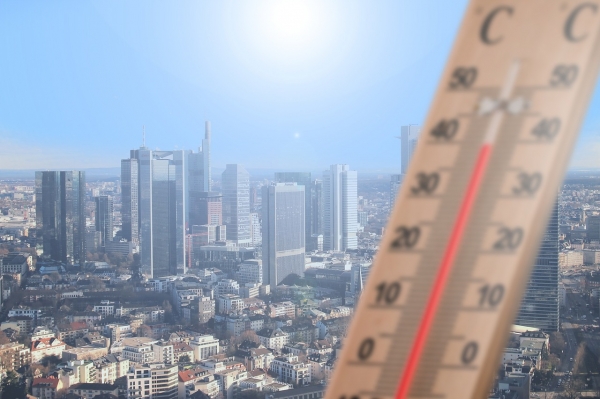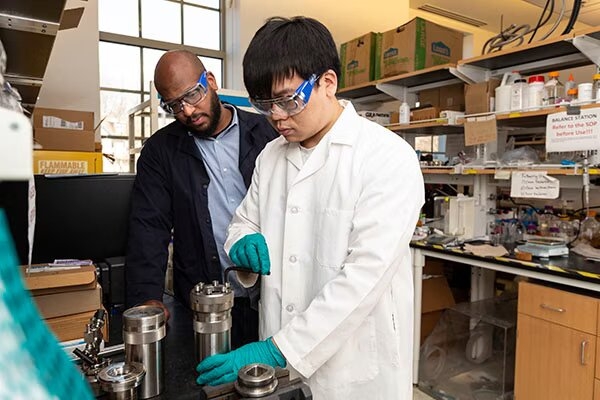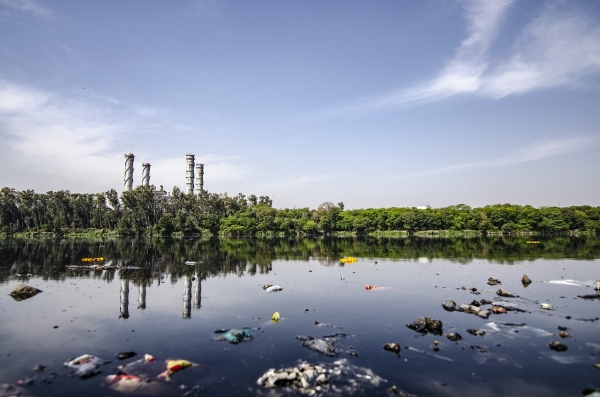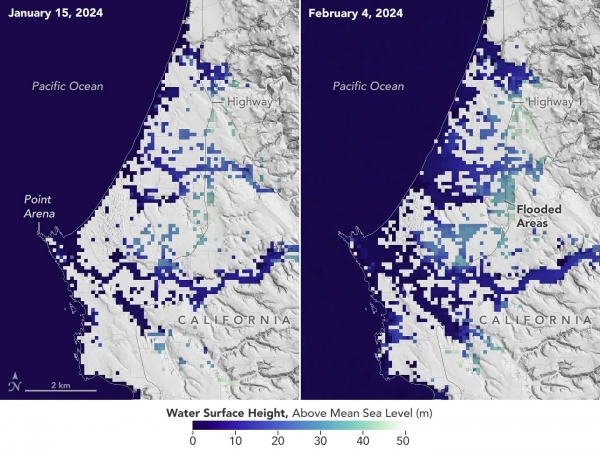Scientists have for the first time created a giant quantum vortex to mimic a black hole in superfluid helium that has allowed them to see in greater detail how analogue black holes behave and interact with their surroundings.
articles
The Heat Index — How Hot It Feels — Is Rising Faster Than Temperature
Texans have long endured scorching summer temperatures, so a global warming increase of about 3 degrees Fahrenheit (1.5 Celsius) might not sound like much to worry about.
Icy Impacts: Planetary Scientists Use Physics and Images of Impact Craters to Gauge the Thickness of Ice on Europa
Sometimes planetary physics is like being in a snowball fight.
Transforming Wood Waste for Sustainable Manufacturing
Lignin, a complex organic polymer, is one of the main components of wood, providing structural support and rigidity to make trees strong enough to withstand the elements.
Cleaning up Environmental Contaminants With Quantum Dot Technology
The 2023 Nobel Prize in Chemistry was focused on quantum dots — objects so tiny, they’re controlled by the strange and complex rules of quantum physics.
SWOT Satellite Catches Coastal Flooding During California Storms
Operated by NASA and the French space agency, the Surface Water and Ocean Topography mission provides a new view of water on land, at the coast, and in the ocean.










